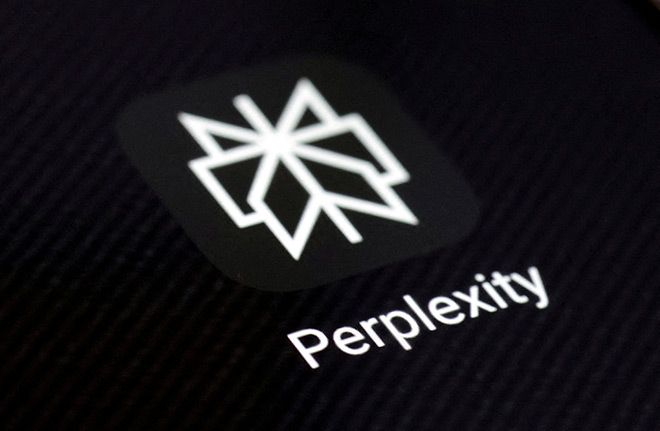Two of Japan’s top daily newspaper publishers are suing a U.S. AI company for alleged copyright infringement, accusing the tech startup of spreading misinformation and undermining legitimate newspapers.
The Asahi Shimbun Co. and Nikkei Inc. filed the lawsuit against Perplexity AI Inc. in Tokyo District Court on Aug. 26.
The publishers claim that Perplexity’s search engine service, which uses generative artificial intelligence to answer questions, uses their copyrighted articles without permission.
The two companies are demanding an injunction to stop the AI company from reproducing their articles and to have the content deleted.
They are also seeking 2.2 billion yen ($14.9 million) in damages for each publishing company.
In Europe and the United States, news organizations in succession have been suing rapidly developing AI companies over the unauthorized use of articles.
On Aug. 7, The Yomiuri Shimbun, another top daily newspaper publisher, became the first major news organization in Japan to file such a lawsuit.
Perplexity claims that it offers a service that combines traditional search engines with generative AI, and that the service answers questions by extracting and summarizing relevant information from a wide range of sources.
According to a summary of the lawsuit released by both the Asahi and Nikkei, Perplexity copies articles stored on the two companies’ servers and saves them onto its own servers when it generates answers.
Since at least around June 2024, Perplexity has repeatedly used this information to display text copied from articles as “answer results” on users’ smartphones and computers.
To prevent the unauthorized use of their articles, both the Asahi and Nikkei have a special file on their websites called “robots.txt” to indicate that they do not permit unauthorized use of their articles.
However, Perplexity has ignored this warning and continues to use the articles, infringing on copyrights, including the rights of reproduction and public transmission, the two companies claim.
They also point out that some “answers” generated by the AI cite the two companies’ names and articles as sources, but present false information that differs from the actual content of the articles.
They argue that this damages the credibility of newspapers, for which accuracy is essential, and that it also violates the Unfair Competition Prevention Law.
The two companies said in a released statement that, “Perplexity’s actions amount to large-scale, ongoing ‘free riding’ on article content that journalists from both companies have spent immense time and effort to research and write, while Perplexity pays no compensation.”
It continued, “If left unchecked, this situation could undermine the foundation of journalism, which is committed to conveying facts accurately, and ultimately threatening the core of democracy.”
(This article was written by Ryota Goto and Ryo Sanada.)

